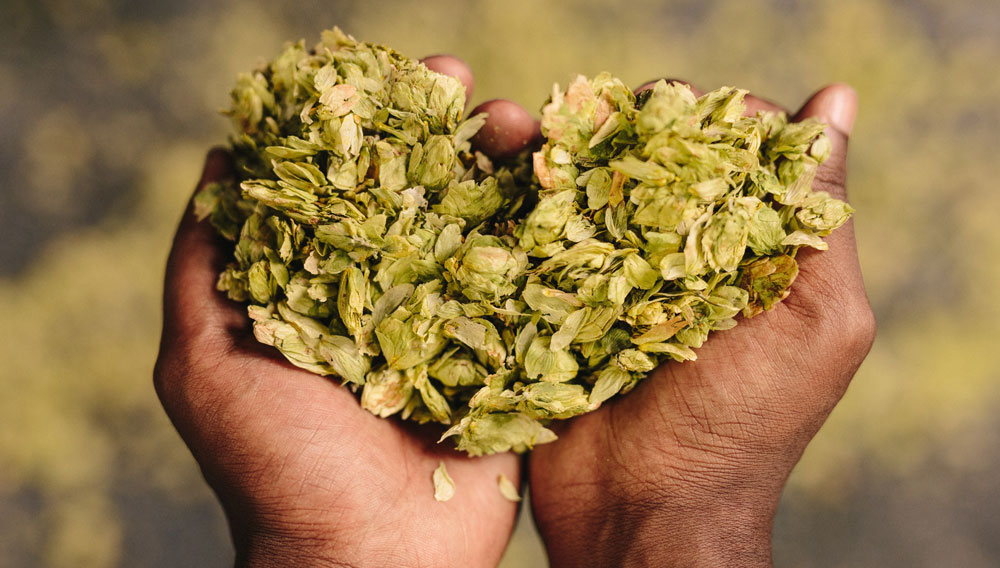Annual general meeting of Maltsters’ Association of Great Britain
At the AGM of the Maltsters’ Association of Great Britain (MAGB) on November 4th, the Association Chairman, David Wilkes of Boortmalt, highlighted the important work undertaken by the MAGB.
The market for distilling malt is unique to the UK, and now accounts for the largest share of UK malt consumption, an estimated 800,000 tonnes. Work will continue with the Scotch Whisky Association (SWA) and the Scotch Whisky Research Institute (SWRI) to ensure growing supplies of quality malt to meet their distillers’ global ambitions.
The long-term decline in UK beer consumption had seen a reversal with 2014 beer sales showing the first increase over two successive quarters since 2004. Mr Wilkes noted the work done by the British Beer and Pub Association (BBPA) in achieving a second historic reduction in beer duty. The rapid growth in Craft brewing was impressive, with the UK having more breweries today than at any other time in the past century. The Society of Independent Brewers (SIBA) played a major role in this development, and the MAGB looked to build on its input to training at SIBA-X with closer links into the future.
Regarding export activities, a close cooperation with the European Trade Association Euromalt as well as the invaluable support of DEFRA and BIS is both important and necessary to continue to press for unfettered access to third countries.
Industry collaboration continues to focus on variety development and evaluation under the direction of the Malting Barley Committee, research and development undertaken through various HGCA programmes and developments in assurance schemes such as Red Tractor and Scottish Quality Cereals. It is planned to establish a Centre of Barley Excellence at the James Hutton Institute in Scotland, to build on their world-leading expertise in the barley genome.
Working collaboratively with other cereals sectors and the Food Standards Agency, UK maltsters support the British response to food safety regulation from the European Commission.
Environmental issues are also very important to UK maltsters: Over the first decade of this century, they reduced the energy used to produce a tonne of malt by over 12%. They even have entered into a second agreement with the government, this time to bring the figure down by a further 5% across the sector by 2020.
Source
BRAUWELT International 2014


